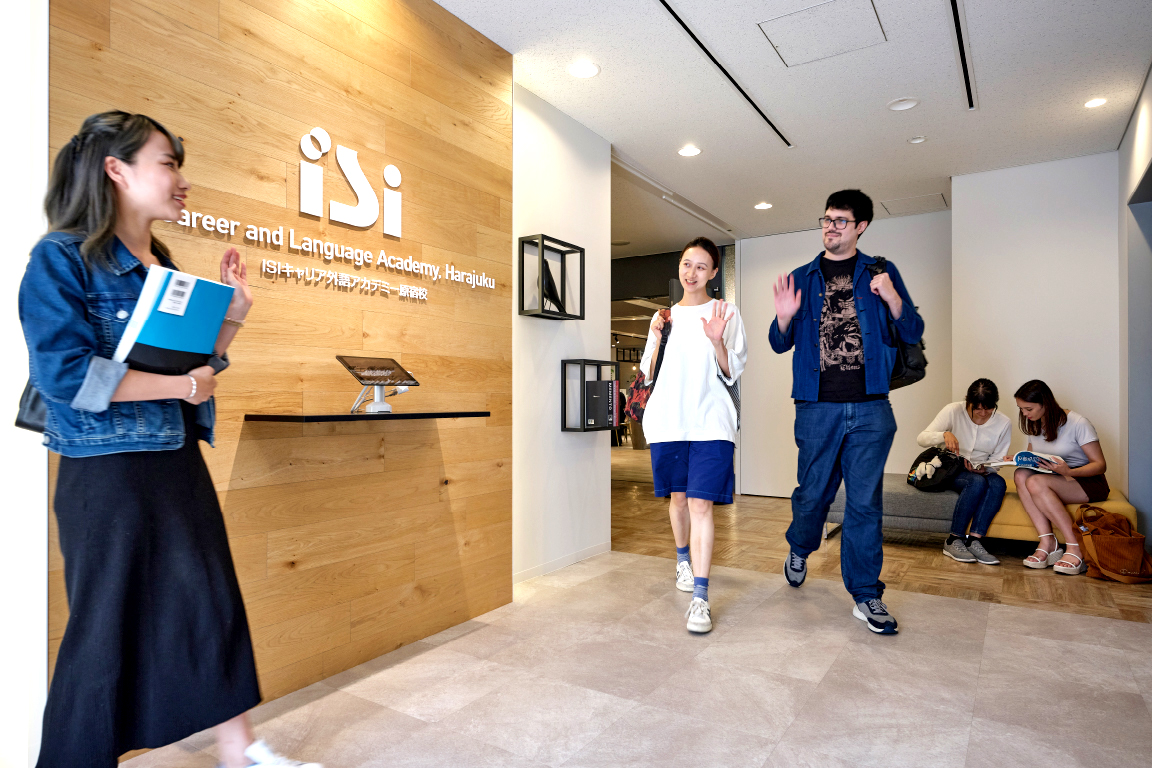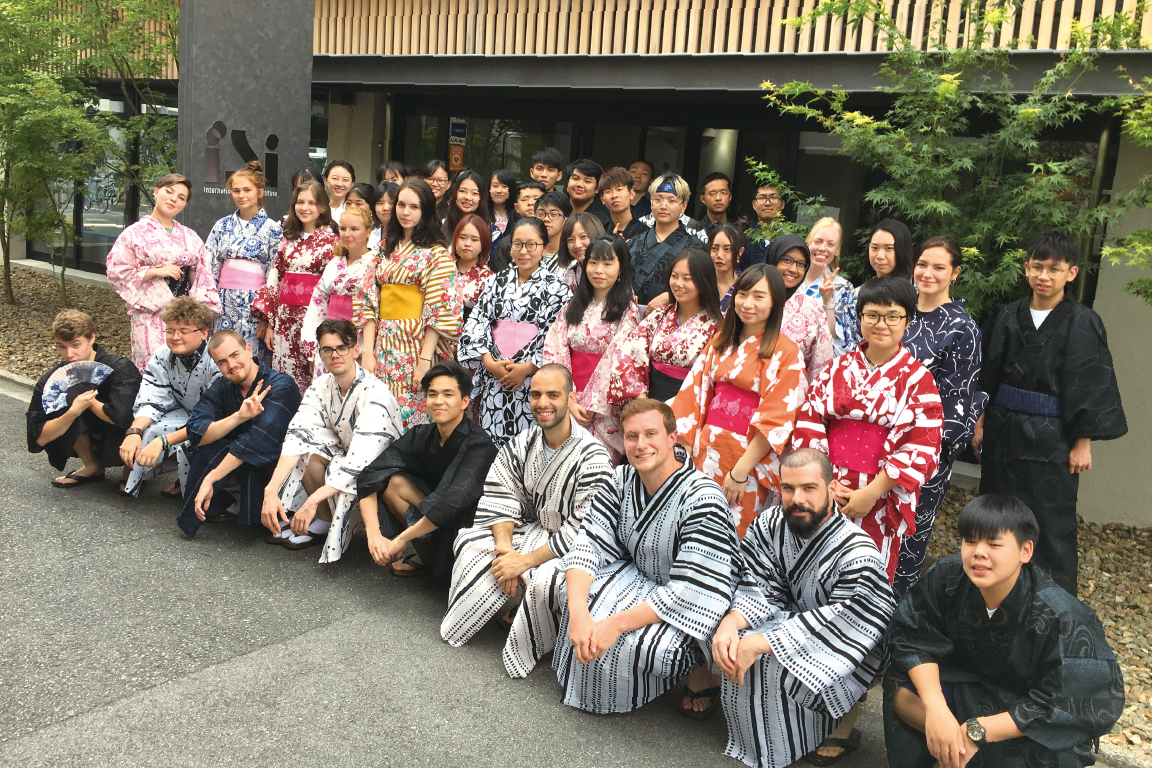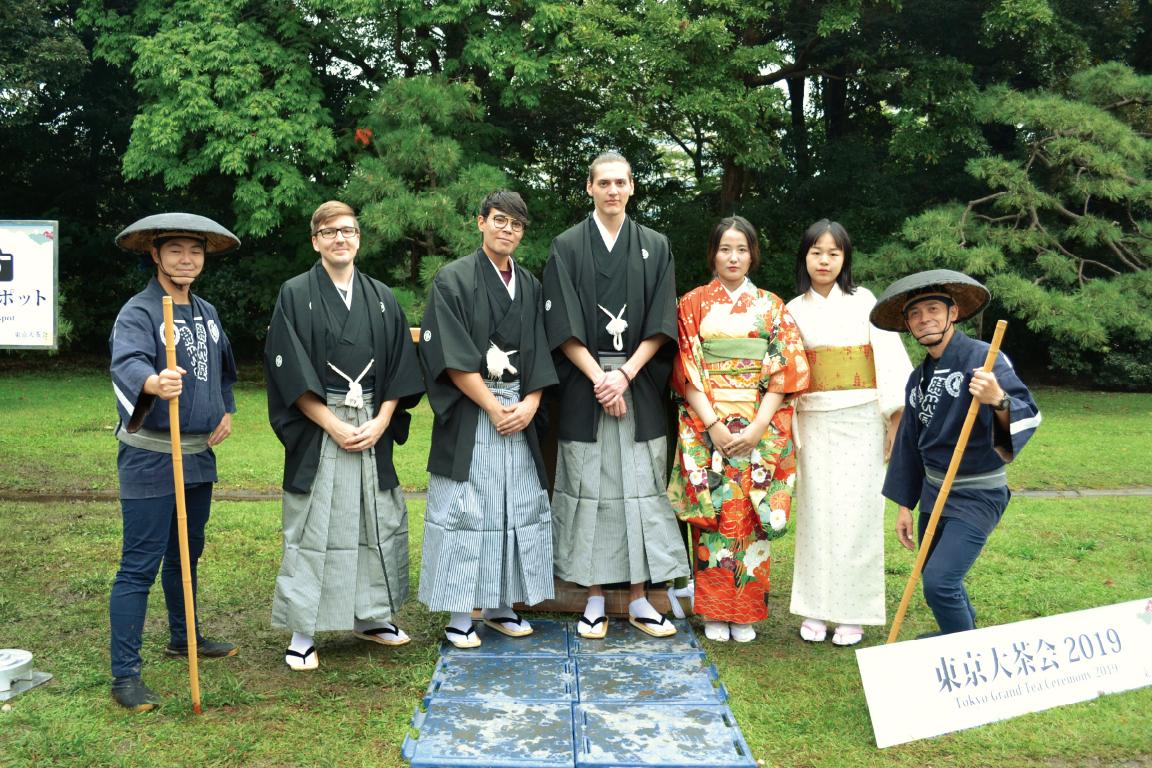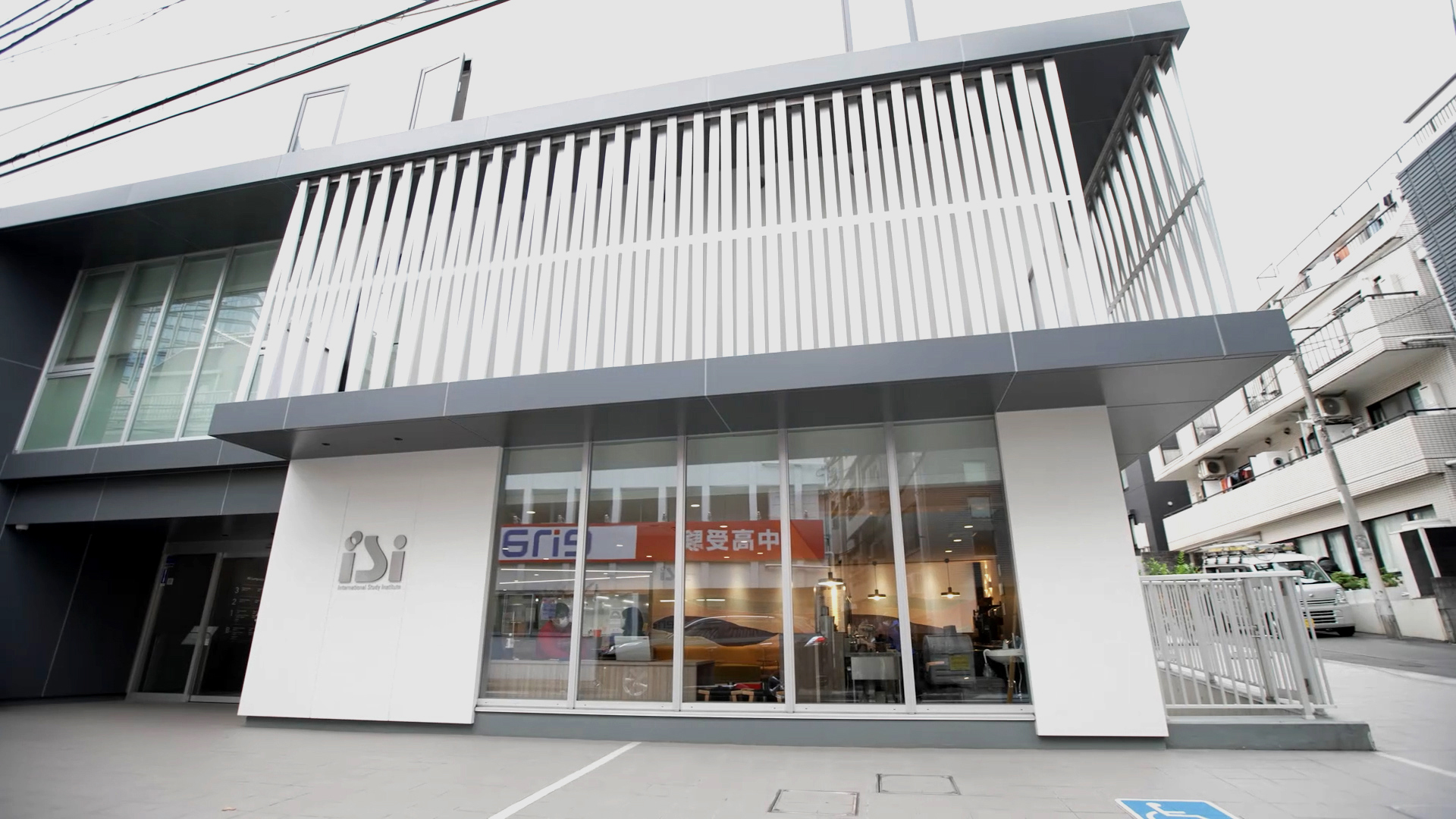Case Studies

Growth-Driven Business Succession
Overcoming COVID-19 to Become Japan’s Largest Japanese Language School
- NSSK II
- Business Succession
- Special Situation
- Education
- Currently invested
ISI Global Inc. (“ISI”), a leader in Japan’s domestic Japanese language education industry, received an investment from Nippon Sangyo Suishin Kiko Group (NSSK) in October 2021 amid the ongoing COVID-19 pandemic and Japan’s ongoing entry restrictions. The investment in ISI is a strategic move to support Japanese language education for international talent, a vital sector for Japan amidst its social challenges of population decline. NSSK’s investment aims not only to support ISI’s growth, but also to strengthen the Japanese language education sector as a whole, thereby contributing to Japan’s attractiveness as a destination for people from around the world.
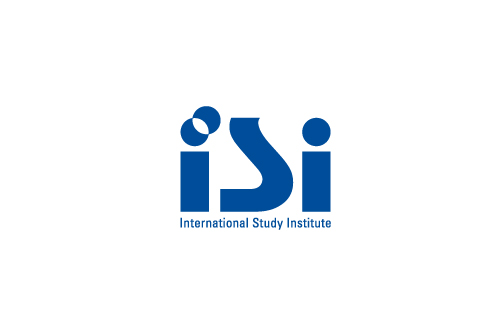
| Company Name | ISI Global Inc. |
|---|---|
| Investment Period | October 2021 |
| Industry | Japanese Language Education |
| Background | Special Situation, Business Succession |
| Website |
-
CONTENTS
-
- SECTION 1 Establishing the ISI Brand and Adopting “Multinational” Values
- SECTION 2 Business Succession with an Eye to Continued Growth
- SECTION 3 Investment Execution in an Uncertain COVID-19 Investment Environment
- SECTION 4 Student enrollment doubled since NSSK’s involvement. Setting the stage for continued growth.
- SECTION 5 Company Introduction
Establishing the ISI Brand and Adopting “Multinational” Values
01
ISI Global Inc., originally the Shinano Gakuin Cram School founded in 1977 by Shoichiro Ogino in Ueda City, Nagano, has evolved significantly. Expanding from a preparatory school to opening Japanese language schools in Nagano in 1992 and later in Tokyo (2002) and Gifu (2003), ISI has become a leading name in Japanese language education. Under Masaaki Ogino, who took over in 2012, ISI has grown to become the largest in the industry by 2019, especially with the support of the government’s “300,000 International Students Plan”. Masaaki’s vision, shaped by his own study abroad experience, goes beyond language learning. It includes building a global network and fostering friendships across different cultures and values. While most Japanese language schools have limited multinational student bodies, ISI stands out by actively expanding its agent network worldwide, including Western countries, to create a truly multinational student body. The brand name “ISI”, short for International Study Institute, reflects its commitment to “growth and diversity”.
Business Succession with an Eye to Continued Growth
02
Prior to the COVID-19 pandemic, ISI had been considering further growth and determined that enhancing its organizational structure and achieving transformational growth through an M&A would be the most effective approach. Despite being a leader in the industry, ISI was facing challenges in recruiting for its management level due to the niche nature of Japanese language schools, which was hindering the realization of potential business growth opportunities. Seeking a partner to support overall business growth, ISI explored corporate alliances, but felt that such arrangements would not fully address its specific challenges and would reduce ISI to just one of many divisions. It was in this context that ISI encountered NSSK, and the partnership appeared to be the ideal solution ISI was seeking for its business succession. Considering NSSK’s range of business support services, international network and the human qualities of the NSSK team, ISI was convinced that entrusting its business succession to NSSK would enable the company to grow significantly.
Investment Execution in an Uncertain COVID-19 Investment Environment
03
The decision to pursue M&A for ISI was made at the height of the COVID-19 pandemic, a time of heightened uncertainty and difficulty in predicting the future. Despite these challenges, NSSK decided to move forward with the investment, guided by the belief that while study abroad continued globally, Japan’s ongoing entry restrictions were not sustainable. This perspective was further influenced by Japan’s demographic issues, such as population decline and aging. NSSK viewed this investment as a critical step in supporting Japan’s acceptance of more foreign students and in line with NSSK’s fundamental goal of revitalizing Japan’s economy. In addition, to maintain stability and reassure the management team and employees, NSSK ensured sufficient financial preparation to avoid cash shortages even if Japan’s entry restrictions continued.
05
Featured Case Studies
-

Takagi Co., Ltd.
Founded in 1961 and headquartered in Kitakyushu City, Fukuoka, Takagi Co., Ltd. Company Group operates water-related product businesses, including the manufacture and sale of faucets and water purifier cartridges. The Company Group operates in three main areas of business (water purifier business, water sprinkler business, and dies & molds business), and has factories in Japan and Vietnam, in addition to sales offices in Japan and Australia. In the water purifier business, the Company Group pioneered the faucet integrated water purifier with the launch of the “Mizu-Kobo” in 1999, which has one of the highest adoption rates in new condominiums in Japan, and has contributed to make Takagi Co., Ltd. one of the best-known companies in the water purifier industry. In the water sprinkler business, it also pioneered the market with the launch in 1980 of the “Nozzle Five”, a sprinkler nozzle with five different ways of spraying water. As a result, it has established the No.1 position in the domestic market by offering a wide range of customer-oriented products. Its dies and molds business has important functions mainly for in-house use, contributing to the speedy and flexible manufacturing of the Takagi Group’s products. From an ESG perspective, the use of water purifying cartridges is expected to reduce negative impacts on the environment. The Takagi Group believes its products contribute to a sustainable society by reducing the use of disposable plastic containers and bottled water, thereby also decreasing the logistics associated with these products
- NSSK III
- Business Succession
- General Manufacturing
- Currently invested
-

Craftz Co., Ltd.
Founded in 1933, Craftz Co., Ltd. has established itself as a globally recognized flexible packaging converter. The Craftz Group, including its domestic and international subsidiaries, operates six factories - four in Tochigi, Niigata, Nagano and Saitama prefectures in Japan and two in Bangkok, Thailand. The company specializes in providing flexible packaging for a variety of consumer products, including food, confectionery, pet food, pharmaceuticals, and more, serving markets in both Japan and Thailand. Flexible packaging is characterized by the use of materials such as polyethylene and polypropylene, which allow for versatile shaping. The film-based nature of this packaging offers advantages such as light weight, elasticity and ease of processing, making it suitable for a wide range of applications. In the context of ESG considerations, the shift to flexible packaging is a significant trend. Amid the global drive to reduce the use of plastics, flexible packaging is emerging as an important substitute for molded products and rigid packaging, helping to reduce their use. In addition, its superior gas barrier properties are essential for maintaining food quality and safety. Its role in reducing food loss and transportation costs adds to its importance, with continued strong demand expected in the future.
- NSSK III
- Business Succession
- General Manufacturing
- Currently invested
-

KRAFT Inc.
Sakura Pharmacy Group is the third-largest dispensing pharmacy operator in the industry, with over 800 stores all over Japan, particularly in prime locations like commercial centers and near railway stations, and employing more than 6,000 staff, including pharmacists. At each store, medications are dispensed based on prescriptions from patients. A dispensary’s role is not limited to just providing medications; there is a responsibility to safeguard patient health and life against any risks. To fulfill this duty, pharmacists meticulously check each prescription, and in case of any uncertainties, they consult with the prescribing physician.
- NSSK III
- RIF
- Business Succession
- Special Situation
- Healthcare
- Currently invested



